Ten Things You Should Know Before Flying to Morocco
It’s my birthday today! So I’m going to take the day off and sit in the sun and do absolutely nothing for the first time in what seems like forever.
I’ve pulled these posts out of the archives for you. A few years back, Cliff gave me the most wonderful surprise for my 40th birthday.
Cliff shoved my shoulder. “Wake up.”
I squinted and realised it was still dark. The automatic shutters act as my alarm clock but they weren’t due to rise for another half an hour. I ignored him and rolled over.
“Get up,” he said. “It’s your birthday.”
I put the pillow over my head.
“Wake up! Come on, you have to get packed.”
“You aren’t really sending me away because I’m old, are you?”
“Yes,” he said and then grinned when my eyes opened. “It’s a do-it-yourself birthday present. Get packed.”
I admit I was relieved when I saw that he was packing a bag as well. Suddenly I understood why he’d turned down a drink the night before. I’ve been on a diet and he said to wait to have a drink until my birthday – but of course he knew he’d be flying. Still, he wouldn’t tell me where we were going.
“Take three days worth. Expect warm days and cool nights. Make sure you have walking shoes and evening wear.”
That didn’t narrow it down much. “Give me a hint?”
“It’s a single hop.”
That narrowed it down considerably. I drew a circle in my head. “Portugal, France, Northern Africa,” I said.
“All of Spain,” he added. “And Gibraltar.”
“You’d be bored to tears if we spent three days in Gibraltar. And I wouldn’t need evening dress.”
I packed for Paris. I didn’t like to tell him how obvious it was, so I pretended that I was still thinking about it. A weekend of good food and expensive wine sounded quite nice and I could catch up on anything I missed at the hotel.
I admitted I’d worked it out on the way to the airfield. “Oh no,” he told me. “Too cold.”
Oh. I considered the other half of the circle.
“Menorca?”
“Too windy.”
Suddenly it clicked. A place I’d said repeatedly I wanted to go to. The sights of the souks, the comfort of the riads, the taste of chicken with preserved lemons and olives followed by mint tea, the sounds of the mosques calling the Muslims to prayer. The land of the Arabs and the Berbers.
Marrakesh.
I’ve talked about going there for years and even got so far as to investigate places to stay once, but always something got in the way and Cliff was never that bothered. Now I was finally going to go to this place I’d heard so much about. I was going to Marrakesh!
As we arrived at Málaga General Aviation, it dawned on me. “It’s a Muslim country. What about my birthday drink?”
“I suppose you’ll have to wait until next year.” He grinned as he got out of the car. “Happy Birthday!”
 “Head towards the mosque,” seems to be the start of all directions in Marrakesh. Even if you don’t ask for directions, they point you that way, telling you that you should go to the square. The Koutoubia mosque and the Djemaa el Fna square are the centre of the world.
“Head towards the mosque,” seems to be the start of all directions in Marrakesh. Even if you don’t ask for directions, they point you that way, telling you that you should go to the square. The Koutoubia mosque and the Djemaa el Fna square are the centre of the world.
 During the day, the centre of the square is open and the dancers and snake charmers and henna artists do their best to talk you into handing over your wallet, the seedy underside of tourism. At night the square changes completely. The centre fills with tented stalls. As the sun goes down, the place turns into a huge restaurant with a different delicacy in every direction. Uncovered light bulbs combine to light up the square. At the edges flames rise from large grills covered with sausages and kebabs. Further in there are smaller stalls offering a single dish: Sheep’s head, snails, soup. I’m intrigued by a man at a tiny little counter who is offering egg sandwiches, literally smashing a hard-boiled egg into a piece of flatbread for his customers. Young men speak to us incessantly, eat here, eat with us. One zeroes in on me, separating me from Cliff, perhaps assuming that once Cliff has paused to find me, he’ll choose that stall for our dinner. I push forward, annoyed. The others are less aggressive, an inconvenience that one puts up with, like the flies buzzing around us. They entreat us in French and English and German, trying to spot which language we speak. “Your eyes are beautiful,” says one to me and my blush gives me away. Cliff looks longingly at a stall offering only the sheep’s head but I am too cowardly. I drag him towards one of the larger places with a make-shift kitchen set up, food stacked high. They have real tables and a laminated menu.
During the day, the centre of the square is open and the dancers and snake charmers and henna artists do their best to talk you into handing over your wallet, the seedy underside of tourism. At night the square changes completely. The centre fills with tented stalls. As the sun goes down, the place turns into a huge restaurant with a different delicacy in every direction. Uncovered light bulbs combine to light up the square. At the edges flames rise from large grills covered with sausages and kebabs. Further in there are smaller stalls offering a single dish: Sheep’s head, snails, soup. I’m intrigued by a man at a tiny little counter who is offering egg sandwiches, literally smashing a hard-boiled egg into a piece of flatbread for his customers. Young men speak to us incessantly, eat here, eat with us. One zeroes in on me, separating me from Cliff, perhaps assuming that once Cliff has paused to find me, he’ll choose that stall for our dinner. I push forward, annoyed. The others are less aggressive, an inconvenience that one puts up with, like the flies buzzing around us. They entreat us in French and English and German, trying to spot which language we speak. “Your eyes are beautiful,” says one to me and my blush gives me away. Cliff looks longingly at a stall offering only the sheep’s head but I am too cowardly. I drag him towards one of the larger places with a make-shift kitchen set up, food stacked high. They have real tables and a laminated menu.
 The guys from the stall stand around us, pushing menus into our hands and hustling us to a table, Cliff has no chance to object. As we sit down, a big bowl of bread appears with two small bowls for dipping. A small bowl of olives. A large bottle of water. These all show on the menu as an extra charge, it’s quickly obvious that the meal will not be as cheap as it had originally seemed. We aren’t bothered. We dip our bread into our respective bowls: mine is filled with crushed tomato and paprika and onion, Cliff’s is red peppers and spicy, some form of harissa. We dip into each other’s bowl and, content, begin to order in earnest. Moroccan salad (tomato and onions) and grilled peppers and some more bread to share. Cliff blindly orders something called Tanjia, without bothering to ask what it is. I play it safe and ask for lamb and chicken skewers. No alcohol here, we get cans of diet coke and keep the large bottle of water to share.
The guys from the stall stand around us, pushing menus into our hands and hustling us to a table, Cliff has no chance to object. As we sit down, a big bowl of bread appears with two small bowls for dipping. A small bowl of olives. A large bottle of water. These all show on the menu as an extra charge, it’s quickly obvious that the meal will not be as cheap as it had originally seemed. We aren’t bothered. We dip our bread into our respective bowls: mine is filled with crushed tomato and paprika and onion, Cliff’s is red peppers and spicy, some form of harissa. We dip into each other’s bowl and, content, begin to order in earnest. Moroccan salad (tomato and onions) and grilled peppers and some more bread to share. Cliff blindly orders something called Tanjia, without bothering to ask what it is. I play it safe and ask for lamb and chicken skewers. No alcohol here, we get cans of diet coke and keep the large bottle of water to share.
After the delicate appetisers, I’m disappointed when my skewers arrive, piled onto a plate with a bit of plain couscous. The meat is dry and to be honest, the flavour is rather boring. Cliff gets the better dish, as usual, the scent of lemon and garlic pushing its way to my side of the table. He smiles as he reaches into the small bowl, pulling out a small joint of mutton stained yellow with saffron.
A woman and toddler walk past us, she is selling items to tourists but we are mid-meal and she is gracious enough not to bother us. Her toddler takes one look at Cliff and stops. He grabs a packet of tissues from his mothers box and hands it towards Cliff, who has broth and grease all over his fingers. Cliff gratefully accepts the tissues, the restaurant doesn’t offer napkins and his Tanjia is not very easy to eat. Once he’s wiped himself down he gives the child a two euro coin. The mother accepts it and flashes us a smile before working her way to the next food stall.
 We’re surrounded by movement and laughter and shouting, my food goes cold as I stare. The smoke blows in circles, wisping different scents across my nose every few seconds. Tourists weave their way through the stalls, the Moroccans circling them, insisting that their food or tea or air conditioning (a menu waved in your face) is the best in the square. “You look at the others but you come back to eat here, yes? You promise? Promise me!” Children dash around in packs.
We’re surrounded by movement and laughter and shouting, my food goes cold as I stare. The smoke blows in circles, wisping different scents across my nose every few seconds. Tourists weave their way through the stalls, the Moroccans circling them, insisting that their food or tea or air conditioning (a menu waved in your face) is the best in the square. “You look at the others but you come back to eat here, yes? You promise? Promise me!” Children dash around in packs.
A small boy, five or six, comes up to me and looks longingly. I give him a half-smile and he points at my can of diet coke. “It’s empty,” I tell him and turn the can over so that he can see. He stays where he is, not a glimmer of disappointment in his eyes. I keep half an eye on him as he plays with the pole next to me, two pieces of plastic in his hands that he’s flipping against it. He flips one harder and it lands on my handbag. He stands too close to me. I hand him the piece of plastic back and zip up my handbag. He watches me with lifeless eyes. I move the handbag onto my lap and turn away.
Half an hour later, after we’ve finished the meal, I see a man shouting and chasing a crowd of boys out of the restaurant area. He is kicking out – one foot connects with a boy’s bottom, causing an extra burst of speed in the little one. The tourists sitting next to us tut unhappily but I recognise my little friend in their midst. “I don’t know what they were trying to nick but they got caught,” says Cliff. We pay for our meal, less than a McDonald’s lunch would cost, and make our way back home.
This was also our first time taking the Saratoga outside of Europe. Despite the last minute nature of the flight, I thought I was prepared – Morocco is described as the most European of the African countries and I’d read up on it before. But that didn’t save us from a healthy dose of culture shock.

Upon our return, I wrote this list of ten important facts that Wikipedia neglects to mention:
- Casablanca Controllers don’t think it’s funny if you respond to a call with “Play it again, Sam.” Not even a little bit.
- Although Marrakesh is an international airport, they don’t have radar, so you will continue speaking to Casablanca long after it seems like you should have spoken to Marrakesh about your imminent arrival in their circuit.
- The taxiways are not marked so it is vital that you keep count so that you know where to turn off. Coming in on runway 10, it’s the second right. The follow-me will not appear until you are almost at your parking spot.
- The nice man who comes out of the follow-me van will offer to “stop you wasting your money on a handling agent” by escorting you to the terminal. He will not mention that that it is a half mile trek in the African mid-afternoon sun to the terminal building and that he has no intention of helping you with your luggage. As you drag your suitcases across the tarmac he will shout at you to watch out as the service agents whiz past in their vans. He’ll expect a hefty tip for doing so (although, to be fair, less than the handling agent would have charged).
- You need a Shell card to buy fuel on credit in Marrakesh. The fuel man will tell you they take all sorts of different credit cards. He has a stack of paperwork to prove it – photocopies of all the different cards they accept. He will make you look at every one to confirm that you don’t have it. They are all variants of Shell.
- The old city is only about 15 minutes away by car. Your taxi will stop at random places en route to your hotel. The driver may lean out to speak to friends or even jump out of the car and dash into someone’s house. It’s not a set-up – he’s simply getting directions.
- Once in the old town of Marrakesh, do not buy orange juice from market stalls that don’t show pricing. The price jumped from 3DH (40 cents) to 50DH (almost seven dollars) at neighbouring shops.
- Bargaining is expected in the souks and described as a national sport. If you are polite and give reasons why you think the price should be less whilst being flattering about the product, you will generally find you can purchase things for 50% of the price originally demanded.
- You can not replace your borrowed maps with up-to-date VFR maps in Marrakesh. They will tell you that you need to go to Casablanca to purchase local maps. When you point out that it would be nice to have them here to follow the VFR routing out of Marrakesh, they will agree and explain that they were told they had to stop selling them because they didn’t sell enough.
- Remember the fuel man who told you that you could purchase your AVGAS with cash? What he meant was “cash with a receipt from the bank” as opposed to the cash you drew out of the ATM specifically to pay him with. He will refuse to sell you gas without a bank receipt. You now can’t get MORE cash because it is illegal to take Dirham out of the country. Bring a Shell card.

I’m hoping to return to Marrakesh this summer – I’m longing for another dinner in Djeema and I need to restock my stash of spices and Moroccan tea. This time I shall hopefully be a little bit better prepared!

PS: One of the photographs I took for the Dinner in Djeema post was chosen as Photo of the Day by Gadling last year: Photo Of The Day: Djemaa El Fna Market, Marrakesh | Gadling.com.
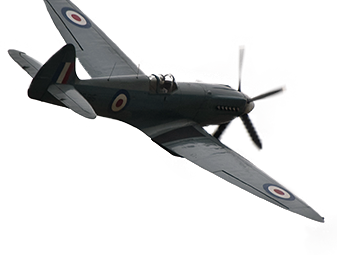

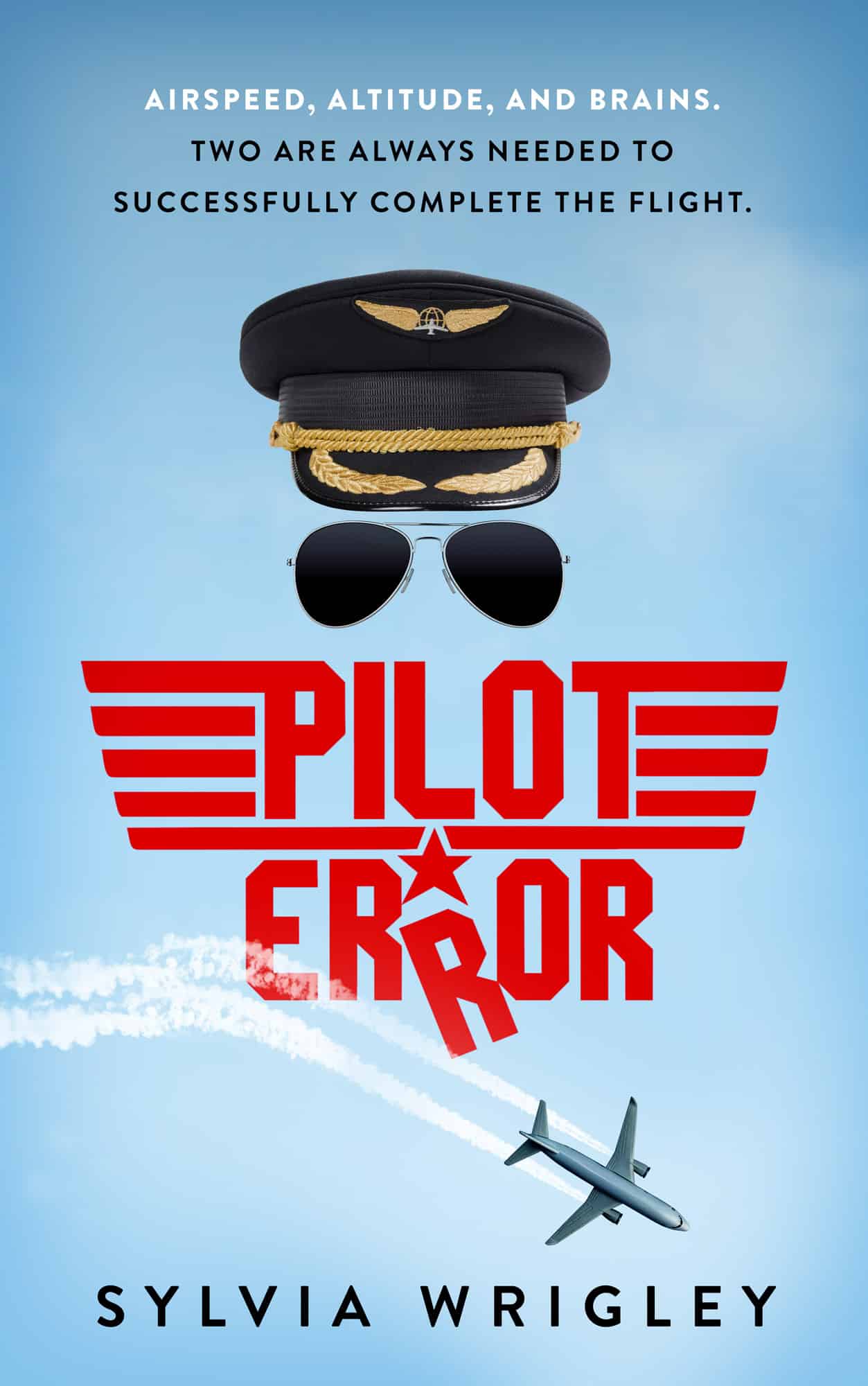
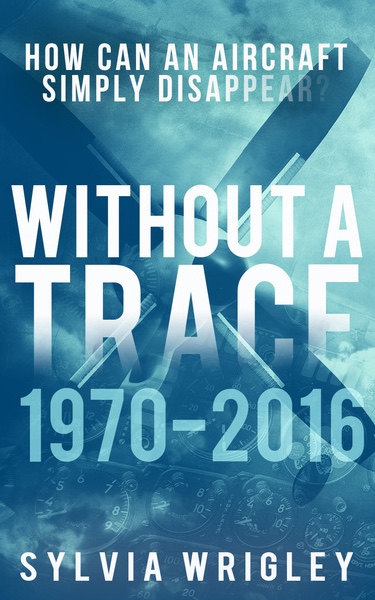
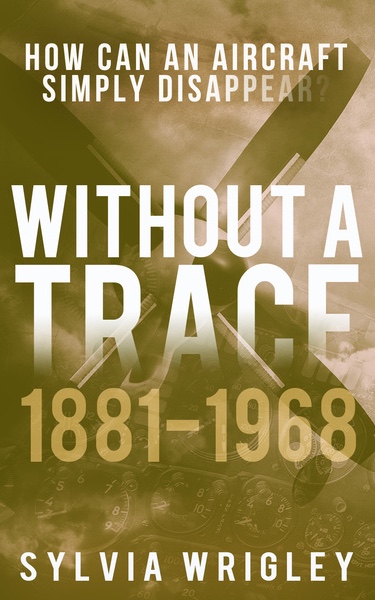
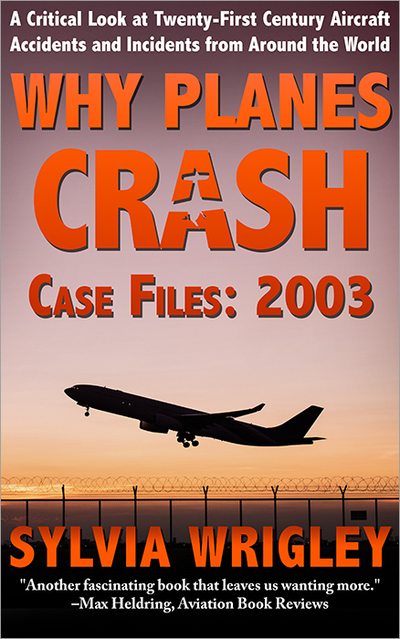
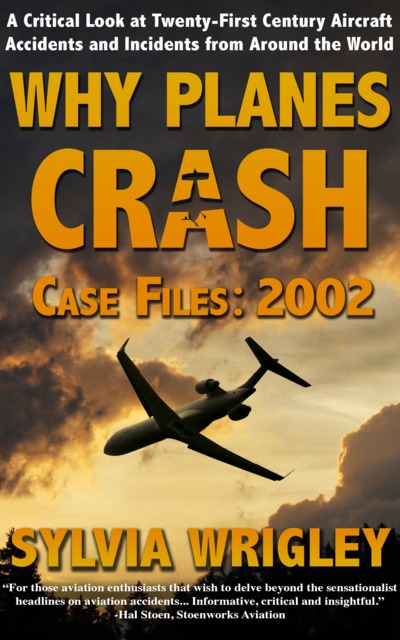
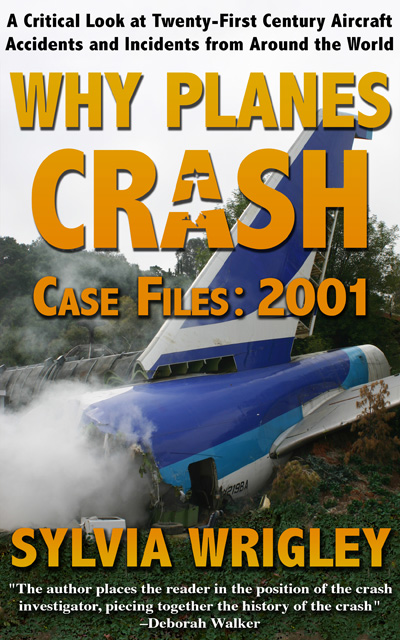
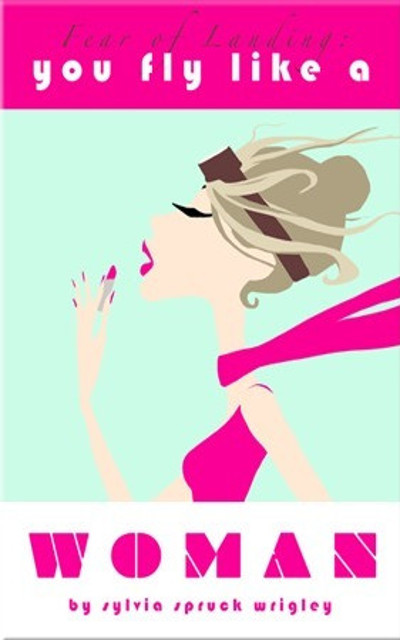
Sylvia,
I once flew into Marrakesh as well, quite a few years ago now.
We did not fly VFR. Our Jeppesen at the time still listed a four-course range approach. I had read a lot about these ancient approach aids and was keen to finally use one. But alas, it had been finally withdrawn shortly before our arrival.
The aircraft documents, insurance certificate and crew licences had to be inspected before we were allowed to leave.
We did have Shell cards – and nearly every other fuel card so we did not have a problem with that. We had a problem of a totally different kind:
Fortunately, we had hidden most of the cash we had with us in small stashes in the aircraft.
A bundle in the little galley, another inside a roll of toilet paper in the lavatory, another in the underside of the pilot’s seat in the cockpit.
Just as well:
We put the blanks in the engines, covered the pitot tubes, put the security pins in the landing gear and one in the escape hatch to prevent it from being opened from outside and made sure that the wheels were chocked.
After all that, we locked up and hastened to the terminal.
Our passengers in the meantime had already gone through the immigration routine and were waiting for us in the arrivals hall.
I still had a substantial amount of US $ with me in cash as “float” and stopped to read a large sign, suspended overhead the customs channel so that it was difficult to read properly. It seemed to be some information about currency restrictions.
A few customs officials smiled, told me that it was nothing of importance and urged us to hurry because the rest of our group were already in a taxi and waiting. We were waived, nearly pushed through customs and passport control.
We had to get a second taxi anyway and had a few nice days in Marrakesh.
Very much like Sylvia described. Hustle, bustle, snake charmers, water sellers, it was all there.
We stayed in a hotel near the old gates, a former palace. Lovely.
The clincher came when we departed:
Going through customs, now on leaving Morocco, a customs official simply yanked my wallet out of my hands. I had taken it out because my passport and pilot’s licences were in it.
Of course, he found a large amount of cash which was promptly confiscated because of my “failure to declare it upon entry”.
This was a pre-arranged set-up. A well-planned and meticulously executed robbery that was initiated by the customs officials when we arrived.
Sylvia has first hand experience about the way the locals can act and confuse the visitor to rob them. She has described it, but nothing can prepare you for it unless you have experienced it yourself.
We were just lucky that we had kept most of the cash hidden in our aircraft as our total cash float was close to $ 100.000.
It is expensive to operate a private jet. Landing- and handling fees can easily be in the order of $ 1000, the fuel bill can total several thousands and cards are not accepted everywhere in Africa.
I have no intention of ever returning to Morocco. On that particular trip, we landed in some countries that have a very nasty reputation. In reality, the people in places like Dakar, Lome, Cotonou, Lagos Nigeria, even Kinshasa are absolute paragons of honesty by comparison.
Oh, I nearly forgot:
A few years later, this time in an Irish registered business jet, an Aerospatiale Corvette EI-BNY which belonged to the late Dr. Tony Ryan’s company GPA – yes the man who started Ryanair – we flew into Fez.
I am holder of a Dutch passport.
The passengers and my F.O. were all Irish. We had our passports stamped and wanted to go into Fez when I was suddenly called back by the immigration official who wanted to see my passport again.
Noting my nationality, he cancelled my entry visa with the word “annulee”. I was not allowed to leave the airport and was lucky we were not staying overnight.
My co-pilot, who did have a valid entry stamp, kindly stayed at the airport with me as well.
Later I found out what the cause had been:
A lot of migrant workers from Morocco were working in the Netherlands. Quite a few committed welfare fraud. They used a simple trick: they claimed that they were sick and got permission to go back to Morocco.
As long as they submitted a doctor’s report, the Dutch government continued to pay their sick pay even in Morocco. Soon, there was ground to suspect that in many cases this was fraudulent with the cooperation of local doctors.
The Dutch social services sent inspectors to verify whether or not the claims were genuine.
When the Moroccan authorities found out, they arrested and expelled the Dutch inspectors and put entry restrictions on all Dutch passport holders. Amazingly, the Dutch authorities kept paying the fraudsters because they could not prove the fraud.